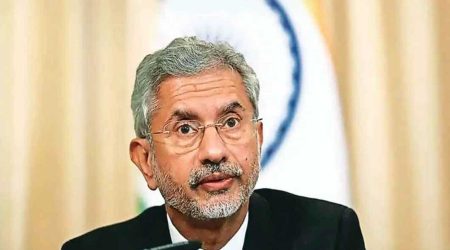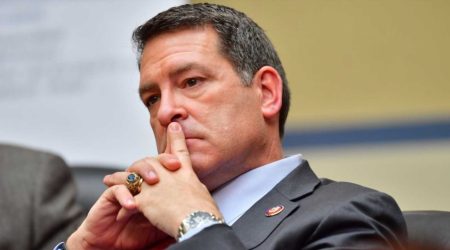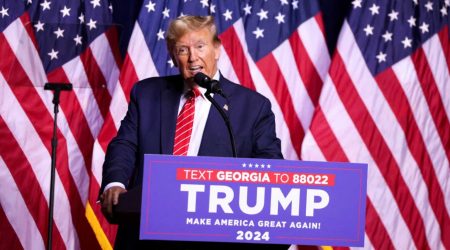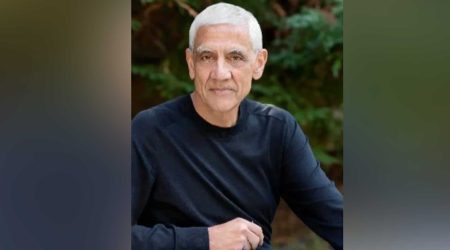Washington: In Donald Trump’s federal 2020 election interference case, all eyes are on the Supreme Court, whose next moves could determine whether the former president stands trial in Washington before the November election.
An appeals court panel on Tuesday unanimously rejected Trump’s claims that he is immune from prosecution, with the judges saying they cannot accept the idea that former presidents are “above the law for all time” once they leave the White House.
The ruling forces Trump to move quickly to ask the conservative-majority Supreme Court to intervene in
the landmark case accusing Trump of conspiring to overturn his 2020 election loss to President Joe Biden. Otherwise, the case — which has been on hold since December — will be re-started at the trial court level, and special counsel Jack Smith’s team has strongly pushed for jurors to hear it this year.
Trump’s lawyers have tried at every opportunity to delay the proceedings, for obvious reasons: A Trump victory over Democrat Biden in November would make him head of the executive branch and give him the authority to potentially order his new attorney general to dismiss the federal cases against him that he faces, or issue a pardon for himself. The Republican presidential primary front-runner has denied any wrongdoing in the case, and has characterized all the cases against him as politically motivated.
Here’s a look at Trump’s options and what the Supreme Court might do:
What are Trump’s options now?
The ruling doesn’t immediately send the case back to U.S. District Judge Tanya Chutkan. The appeals court is giving Trump until Feb. 12 to ask the Supreme Court to stay — or put on hold — the decision.
What will the SC do?
It’s hard to say. Any untested legal question involving separation of powers and the scope of presidential authority is indisputably a consequential one. But lower court judges — nominated to the bench by presidents from both political parties — have suggested that this particular case is not a close call in rulings that have roundly rejected Trump’s immunity arguments.
Five of the nine justices must agree to grant a stay in order to prevent the case from resuming in the trial court. And at least four justices must agree in order for the court to hear arguments in any case.
When might the trial begin?
Judge Chutkan had initially scheduled the case for trial on March 4, but canceled that date last week. A new date wasn’t immediately set.











